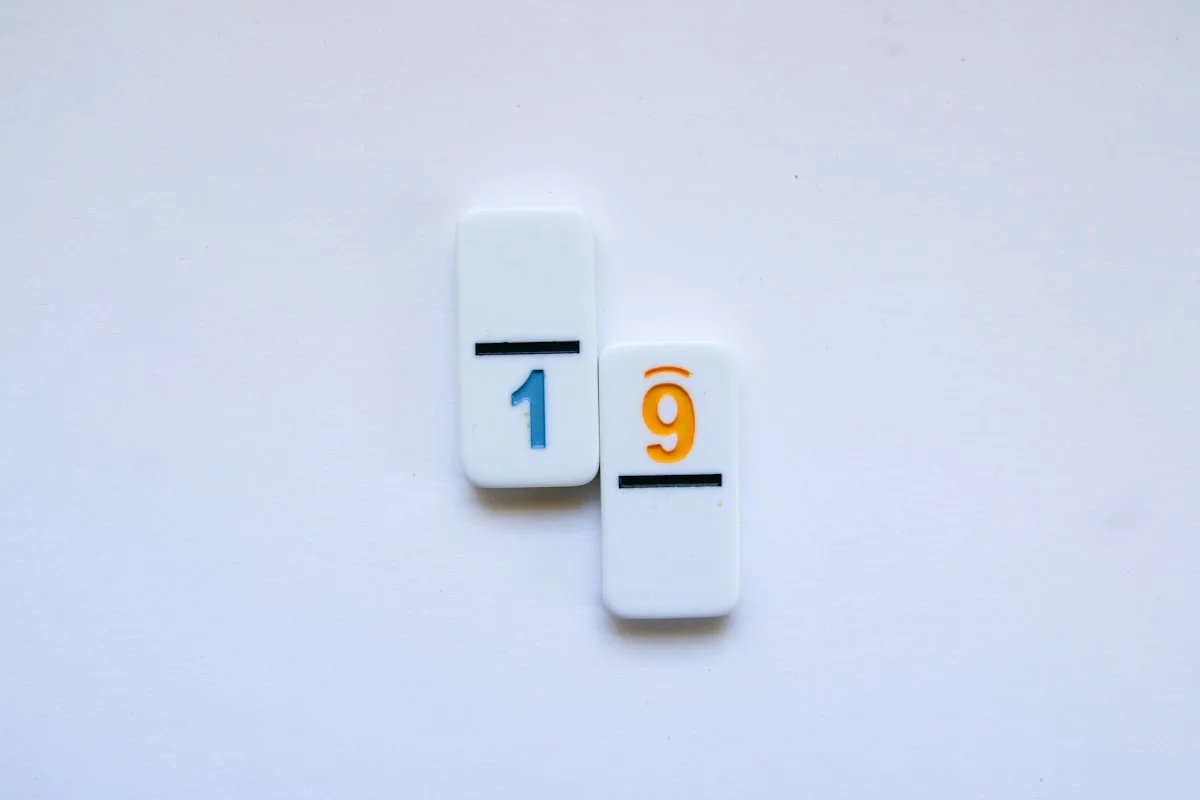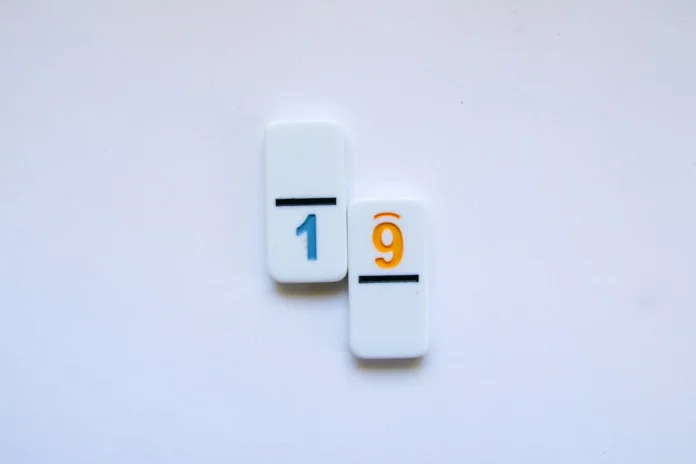“`html
Generic vs Brand Name Bipolar Meds Effectiveness
When managing bipolar disorder, medication is often a cornerstone of treatment. However, many patients face a common dilemma: should they opt for brand-name medications or their generic counterparts? This decision can impact both treatment effectiveness and cost. Understanding the differences between generic and brand-name bipolar medications is crucial for making informed choices about mental health care.

What Are Generic and Brand Name Medications
Brand-name medications are developed and marketed by pharmaceutical companies that hold the original patent. These drugs undergo extensive research, clinical trials, and FDA approval before reaching the market. Once the patent expires, other manufacturers can produce generic versions. Generic medications contain the same active ingredients as their brand-name counterparts and must meet the same FDA standards for safety, efficacy, and quality.
While the active ingredients are identical, generic and brand-name drugs may differ in inactive ingredients such as fillers, binders, or dyes. These differences rarely affect the medication’s performance, but in some cases, they might influence how the body absorbs the drug. For most patients, however, generics provide the same therapeutic benefits at a lower cost.
Effectiveness of Generic vs Brand Name Bipolar Medications
Studies comparing generic and brand-name bipolar medications generally show comparable effectiveness. The FDA requires generic drugs to demonstrate bioequivalence, meaning they must deliver the same amount of active ingredient into the bloodstream at the same rate as the brand-name version. This ensures that generics work similarly in the body.
However, some patients and clinicians report differences in how individuals respond to generics versus brand-name drugs. These observations may stem from variations in absorption due to inactive ingredients or psychological factors, such as patient expectations. For bipolar disorder, where medication consistency is critical, even minor differences could theoretically impact mood stability.
Key Considerations for Bipolar Disorder Treatment
Bipolar disorder requires long-term, consistent medication management to prevent mood episodes. When considering generic versus brand-name options, several factors come into play. First, the narrow therapeutic index of some bipolar medications means small variations in drug concentration could potentially affect treatment outcomes. While generics must stay within a strict bioequivalence range, sensitive individuals might notice differences.
Second, switching between different generic manufacturers (a common practice called “generic substitution”) could introduce slight variations in drug formulation. For most patients this poses no problem, but those with severe bipolar disorder might prefer the consistency of brand-name medications or sticking with a single generic manufacturer.
Cost Differences and Accessibility
The most significant advantage of generic medications is their lower cost. Brand-name drugs can be prohibitively expensive, especially for patients without comprehensive insurance coverage. Generics typically cost 80-85% less than their brand-name equivalents, making treatment more accessible for many individuals with bipolar disorder.
This cost difference can directly impact treatment adherence. When faced with high medication costs, some patients might skip doses or discontinue treatment altogether, which can be particularly dangerous for bipolar disorder management. In this context, generics play a vital role in ensuring consistent access to necessary medications.
Patient Experiences and Clinical Observations
While scientific evidence supports the equivalence of generic and brand-name bipolar medications, individual experiences vary. Some patients report better symptom control with brand-name drugs, while others find generics work just as well. These differences might relate to the placebo effect, actual biological responses to inactive ingredients, or other individual factors.
Clinicians often recommend starting with generic versions due to their cost-effectiveness, then monitoring closely for any changes in symptom control or side effects. If concerns arise, switching to the brand-name version or a different generic manufacturer might be warranted. Open communication between patients and healthcare providers is essential for finding the most effective treatment approach.
Regulatory Standards and Safety
Both generic and brand-name bipolar medications must meet rigorous FDA standards. The FDA regularly inspects manufacturing facilities and monitors drug quality, regardless of whether a medication is generic or brand-name. This oversight helps ensure that all approved medications, whether generic or brand-name, meet strict quality and safety requirements.
Patients should be aware that some online pharmacies sell counterfeit or substandard medications. Whether choosing generic or brand-name drugs, it’s crucial to obtain medications from reputable, licensed pharmacies to ensure quality and safety.
Making an Informed Decision
The choice between generic and brand-name bipolar medications should be made collaboratively between patients and their healthcare providers. Factors to consider include treatment history, symptom stability, financial considerations, and personal preferences. For patients who have responded well to a particular formulation, maintaining consistency might be preferable, even if it means paying more for a brand-name drug.
Patients newly starting medication might begin with a generic version to assess effectiveness before considering more expensive options. Regardless of the choice, regular monitoring of symptoms and side effects is essential for optimal bipolar disorder management.
Conclusion
Generic and brand-name bipolar medications offer similar effectiveness for most patients, with generics providing significant cost savings. While some individuals may notice differences between formulations, the majority can successfully manage their symptoms with generic alternatives. The decision ultimately depends on individual response, financial considerations, and personal preferences. Working closely with a mental health professional can help determine the best medication approach for maintaining stability and quality of life with bipolar disorder.
“`



